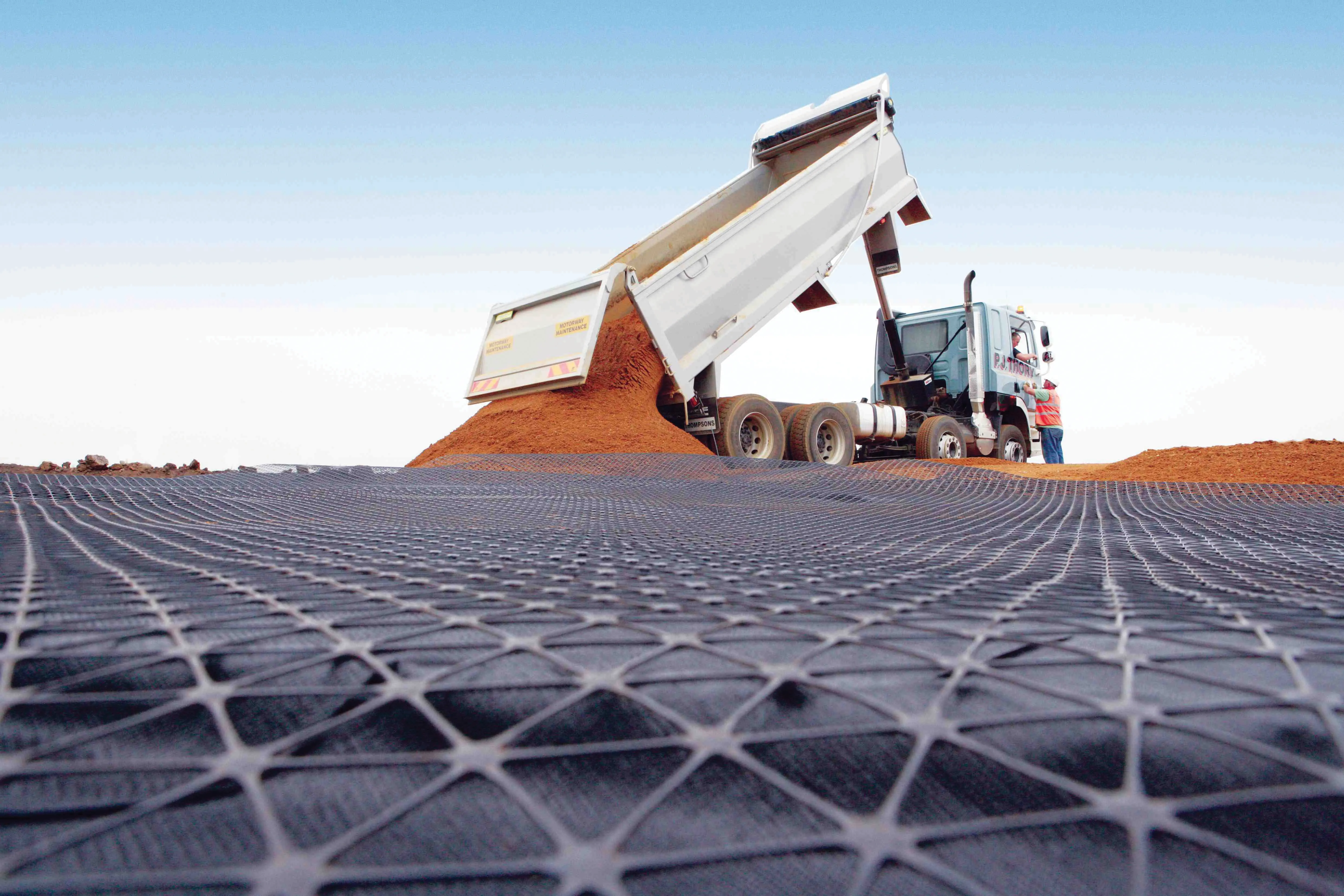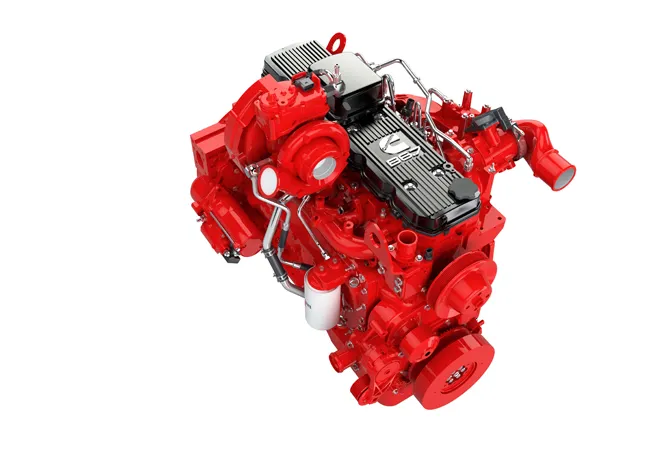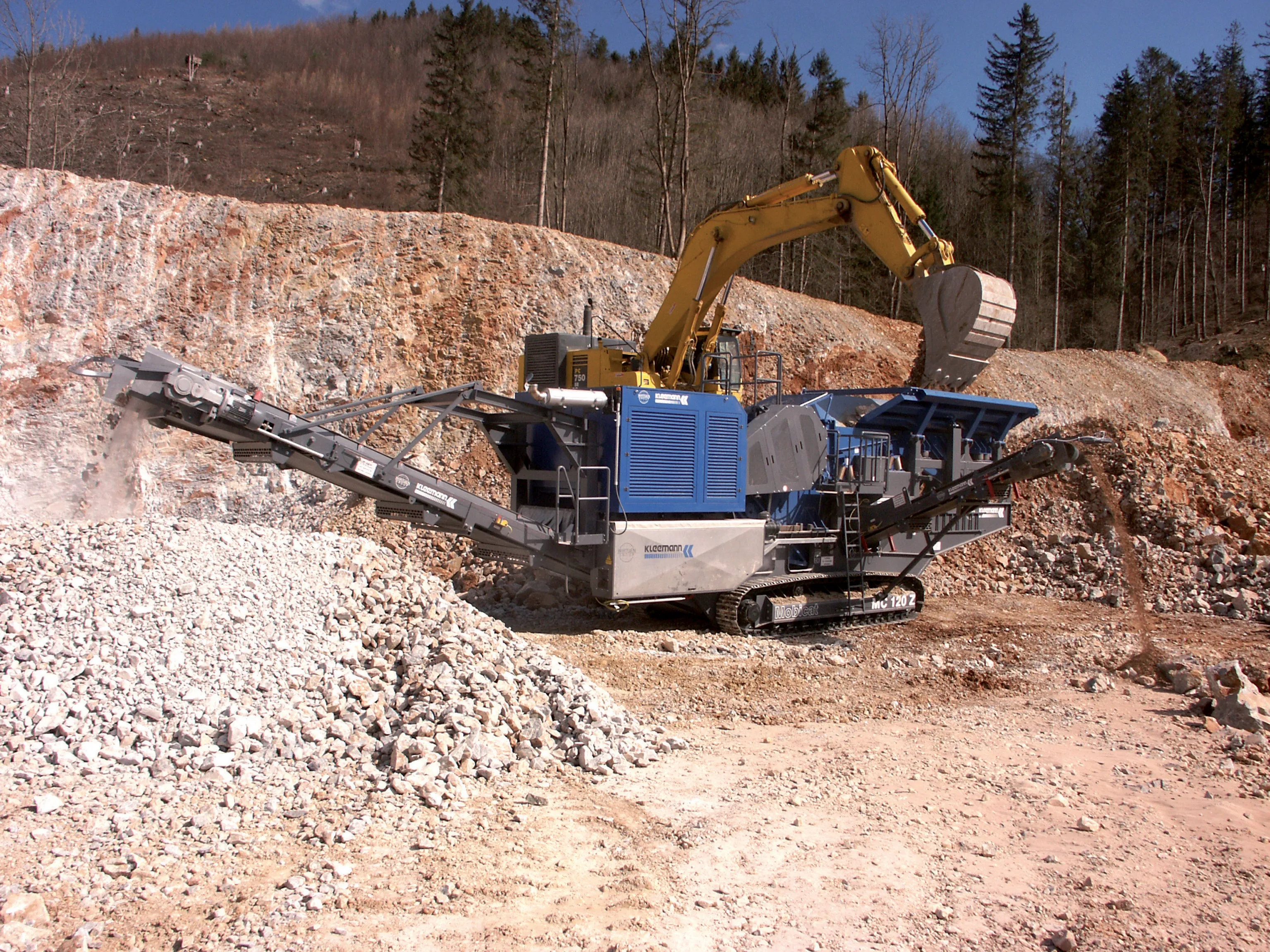Weckenmann Anlagentechnik says the response from selected customers was exceptionally positive, when it presented its “innovative concept” of transportable formwork, the Mobile Battery Mould (MBM). It is a system for the production of precast concrete elements in the immediate vicinity of the construction site, and Weckenmann Anlagentechnik says that two large construction companies in Singapore opted for the MBM concept independently of one another. Both production plants have started operations successful
March 15, 2016
Read time: 2 mins

Weckenmann Anlagentechnik says the response from selected customers was exceptionally positive, when it presented its “innovative concept” of transportable formwork, the Mobile Battery Mould (MBM).
It is a system for the production of precast concrete elements in the immediate vicinity of the construction site, and Weckenmann Anlagentechnik says that two large construction companies in Singapore opted for the MBM concept independently of one another.
Both production plants have started operations successfully.
A special feature of the MBM is the controllable trailer, which improves the trailer's manoeuvrability. This is especially important after the conclusion of the work, when the mould sometimes has to find its way out of very confined conditions on the site.
“The MBM offers the construction site all the advantages of the precast technology and avoids the disadvantages, which are caused in particular by additional transport. At the same time it meets the requirements of the construction site where restricted space conditions prevail; the number of qualified staff is limited and the environmental conditions always represent certain challenges,” says Weckenmann.
“The mobile field factory from Weckenmann can be an ideal solution for large building sites: its investment costs are manageable, it produces just-in-time and it is enormously flexible.”
It is a system for the production of precast concrete elements in the immediate vicinity of the construction site, and Weckenmann Anlagentechnik says that two large construction companies in Singapore opted for the MBM concept independently of one another.
Both production plants have started operations successfully.
A special feature of the MBM is the controllable trailer, which improves the trailer's manoeuvrability. This is especially important after the conclusion of the work, when the mould sometimes has to find its way out of very confined conditions on the site.
“The MBM offers the construction site all the advantages of the precast technology and avoids the disadvantages, which are caused in particular by additional transport. At the same time it meets the requirements of the construction site where restricted space conditions prevail; the number of qualified staff is limited and the environmental conditions always represent certain challenges,” says Weckenmann.
“The mobile field factory from Weckenmann can be an ideal solution for large building sites: its investment costs are manageable, it produces just-in-time and it is enormously flexible.”








